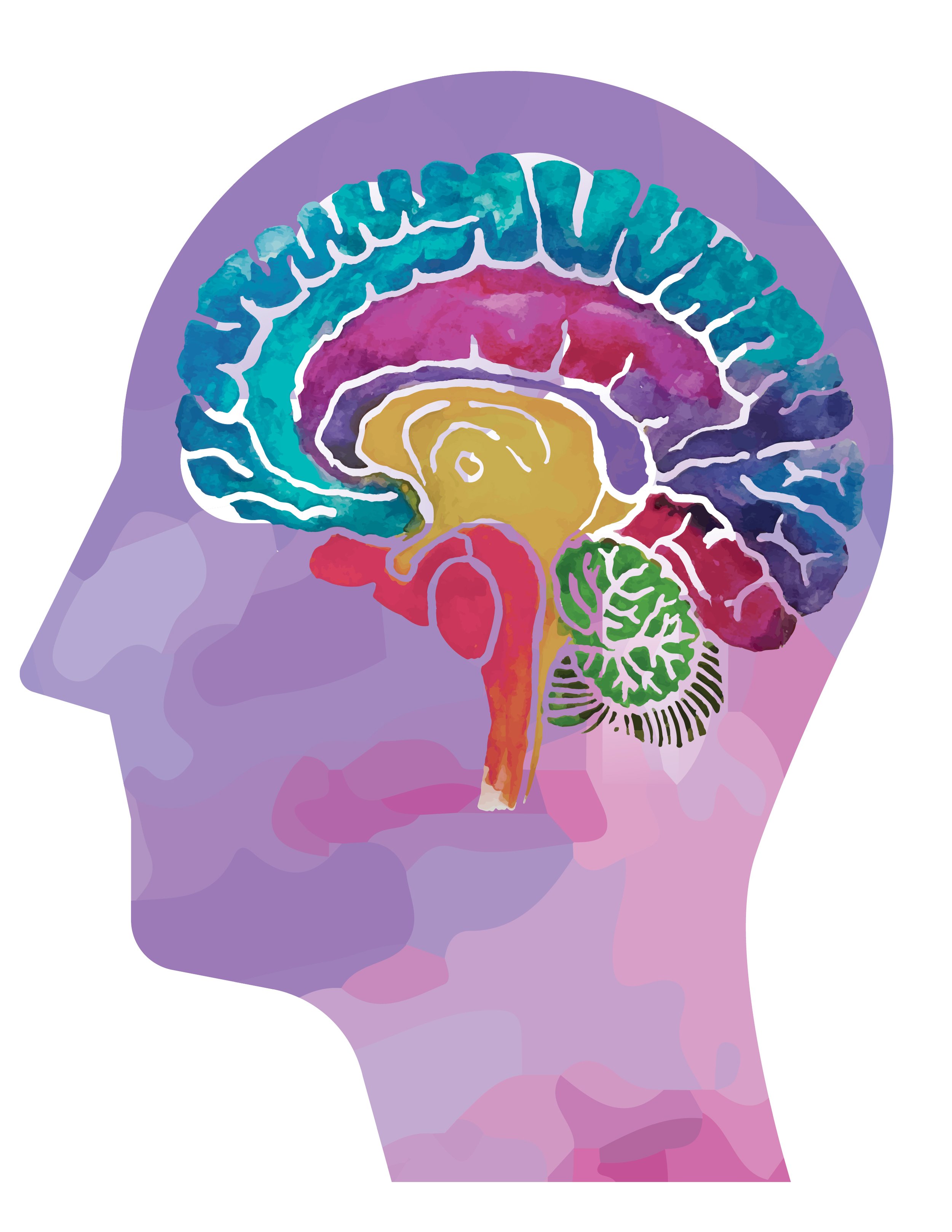
Biology of the Brain
Research at the Southwest Brain Bank offers insight on mood disorders in Hispanic populations
Our brain forms one of the main scientific puzzles yet to be fully understood by researchers and physicians. The Foster School of Medicine’s Department of Psychiatry houses the Southwest Brain Bank, a research organization that collects, studies and distributes brain tissue to scientists intending to solve those puzzles.
“Obtaining, storing and studying brain tissue from those with and without illnesses is essential to understanding how the brain works and how it changes with mental illness,” said Peter Thompson, M.D., M.S., professor and chair of the Department of Psychiatry and director of the Southwest Brain Bank. The SWBB also provides medical and graduate students, as well as residents, the opportunity to work in a neuroscience research laboratory usually only found in large universities.
Compared to other international brain banks, the SWBB is relatively small with just over 300 brains, but is considered special because researchers study mental illnesses, specifically mood disorders. It also stores and studies a significant number of brains from people of Hispanic descent, who historically have not been part of biological research efforts. Genetics play a role in the symptoms of mood disorders, so it’s important that the Hispanic population be represented in research.
“It’s cutting-edge research,” said Bharathi S. Gadad, Ph.D., M.S., assistant professor in the Department of Psychiatry and co-director of the SWBB. “With our access, TTUHSC El Paso researchers can review how the genetic signatures of brain cells drive the development of disease. Our future goal is to use brain sections, then employ 3D reconstruction to better understand the brain’s anatomical and structural changes for a particular condition.”
“The collection and storage of brains at the SWBB allows researchers to find missing pieces to their puzzle, shaping a future for the Paso del Norte region where mental health care is widely accessible and better understood. ”
The SWBB strives for innovative research that may lead to major scientific breakthroughs regarding mental illness in the Borderland, including suicidality, major depressive disorder, bipolar disorder, schizophrenia, alcohol and substance abuse and post-traumatic stress disorder. A better understanding of the brain will lead to better diagnosis and treatments.
One advocate for the SWBB, the Robert E. and Evelyn McKee Foundation, has supported its research since 2015, most recently awarding a $15,000 grant in 2021 to assist with the processing of new brain tissue.
“We’re pleased to help with the funding of the brain bank and private research,” said Helen Lund Yancey, president of the Robert E. and Evelyn McKee Foundation. “It’s so important to support anything that can help those affected by any form of mental illness. Unfortunately, far too many people struggle with mental illness and do not have access to suitable health care.”
The collection and storage of brains at the SWBB allows researchers to find missing pieces to their puzzle, shaping a future for the Paso del Norte region where mental health care is widely accessible and better understood.

